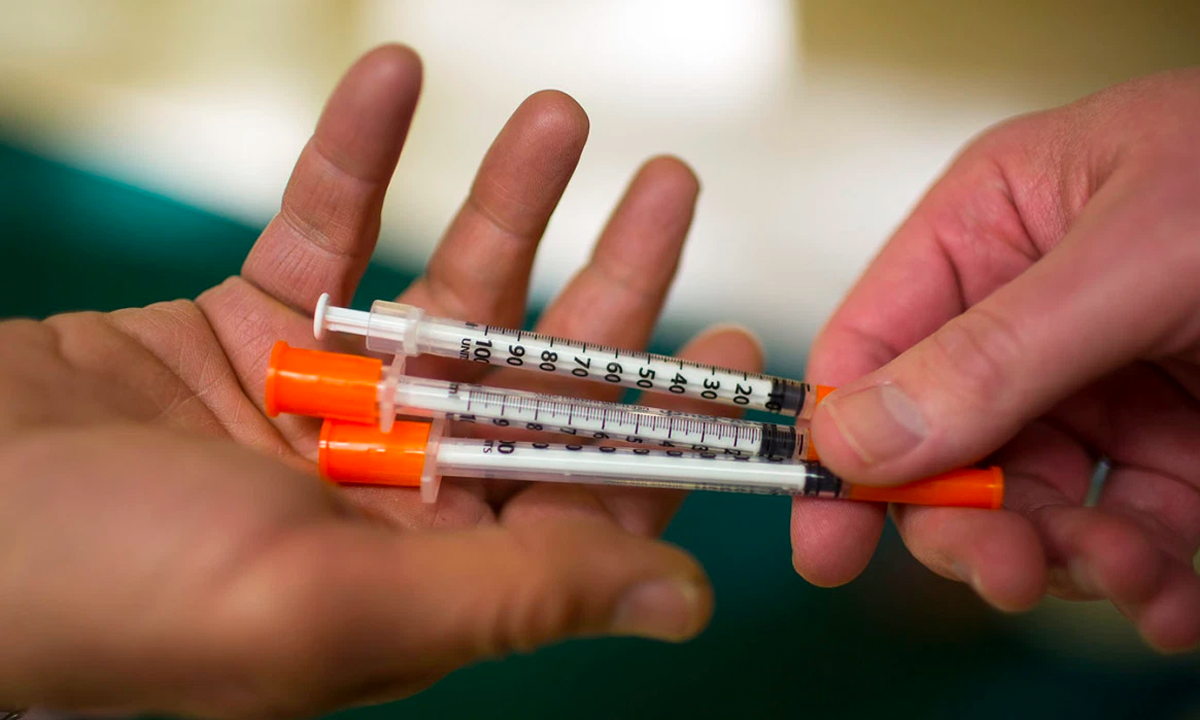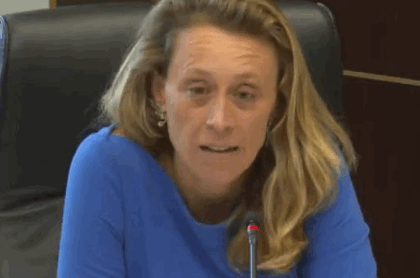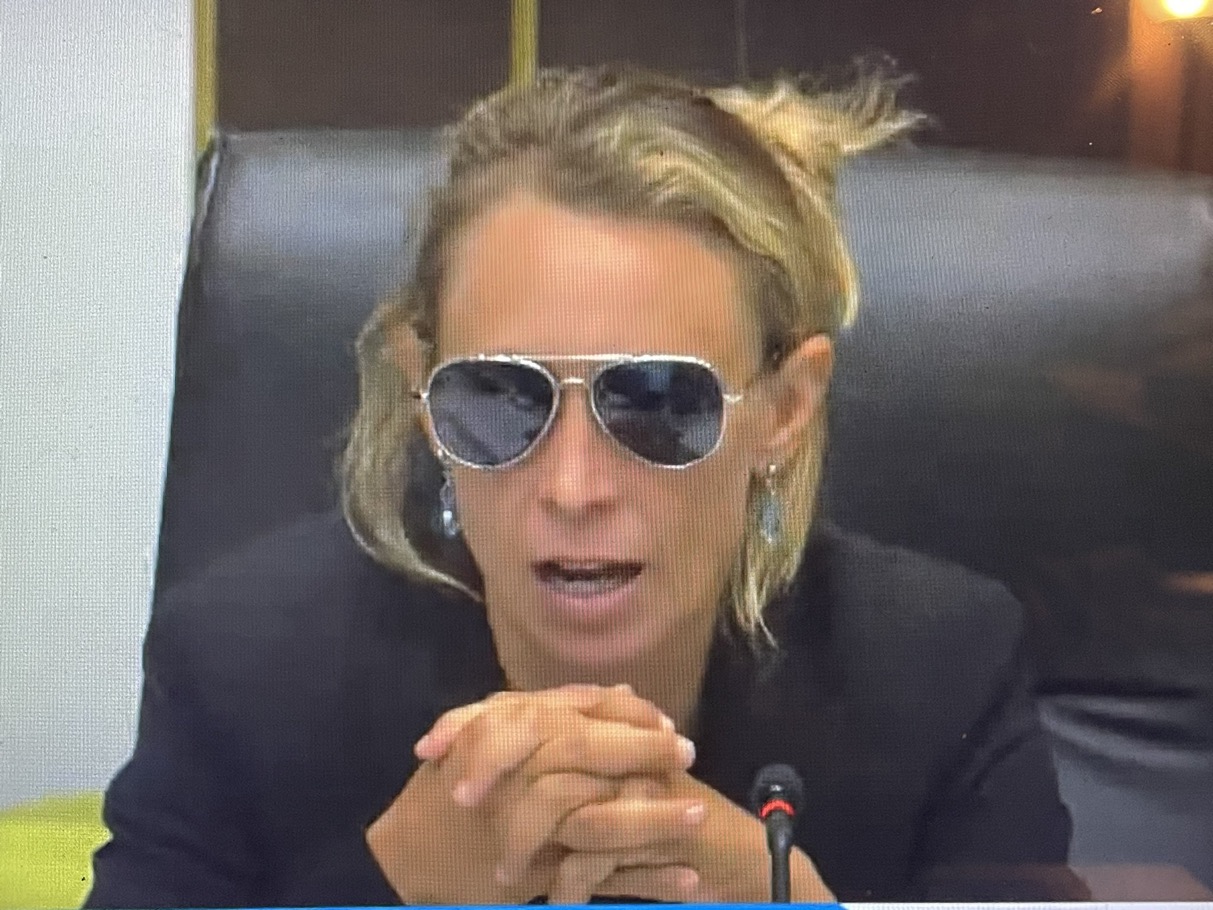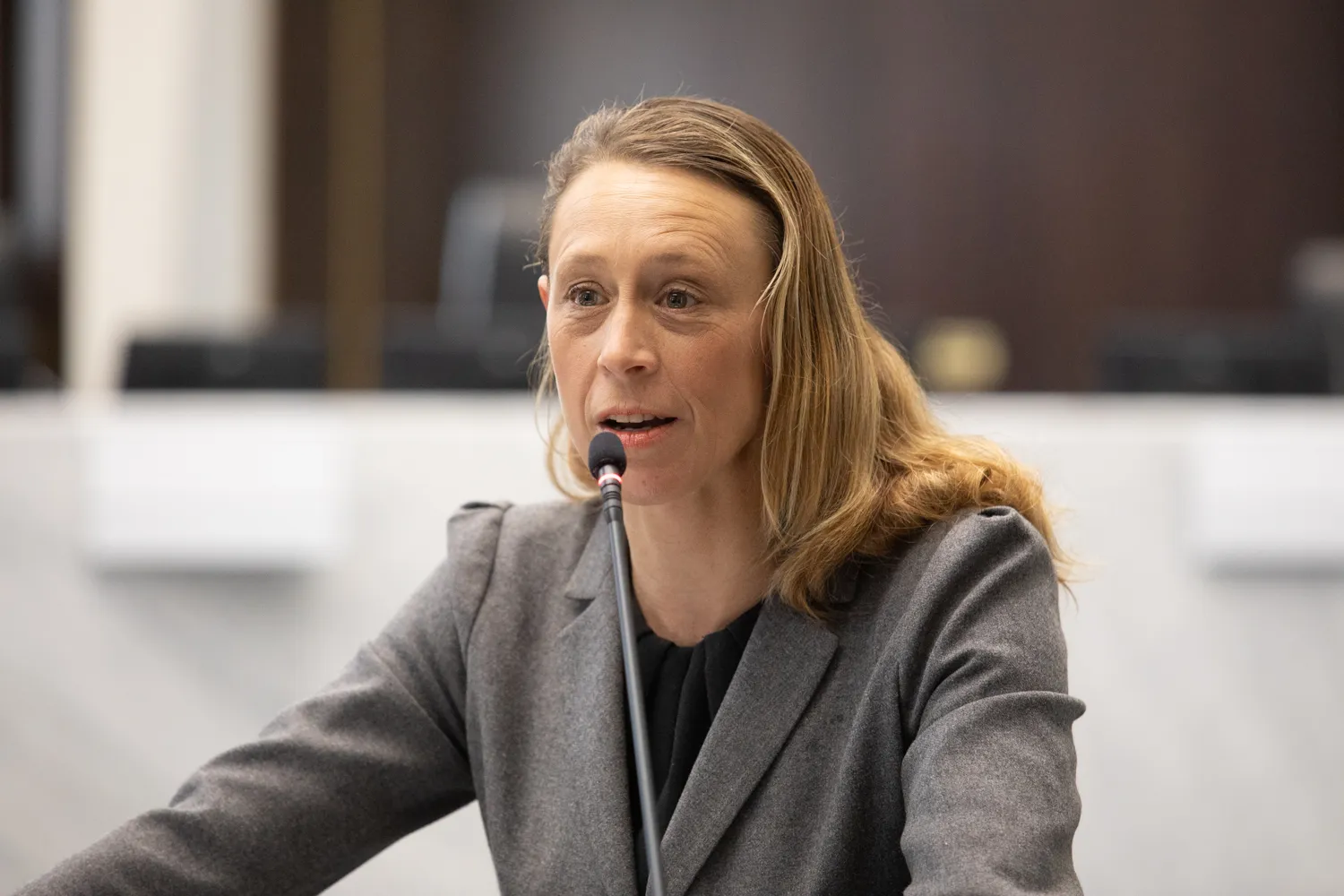Written by Justin Culetu
The San Diego County Board of Supervisors voted 3-2 in favor of creating a needle exchange program to keep drug users healthy. Chairman Nathan Fletcher along with Supervisors Nora Vargas and Terra Lawson-Remer, the three Democrats on the board, supported it. Jim Desmond and Joel Anderson, the Republicans on the board, were opposed.
This decision reversed a 23-year ban the county had on needle exchange. Needle exchange programs are aimed at preventing overdoses and reducing transmission of HIV or Hepatitis C among intravenous drug users. However, there are cons to programs like this, which Desmond acknowledged.
According to Desmond, the needle exchange program has the appearance of promoting drug abuse. “I would like to see an emphasis on prevention,” he added. “I see that needle exchange (would) promote health among those who are using,’ but I think we’re kind of treating the symptom instead of the cause.” On the other hand, Supervisor Anderson stated that he was not fully against the proposal. His concern was “voting and then later learning that all the clinics are going to be located in my district.” Not seeing a plan before voting was his issue, adding, “Is there some middle ground? I hate to vote against this.”
The plan for the needle exchange service will be presented in about 3 months by the county’s chief administrative officer.
All of the Democrat supervisors who voted in favor of the program did not seem to weigh in the possible negative outcomes of this program. For one, all government money is taxpayer money, so the funds that will be used to pay for this program will come from taxpayers. Additionally, recovery.org lists more cons than pros when it comes to needle exchange programs. Those cons include:
- The programs promote drugs by offering needles to help a person use
- The apparent “acceptance” of IV drug use will lead to higher rates of drug abuse
- Many of these programs are being funded with taxpayer dollars
- Some reports indicate the HIV rate increases as a result of needle exchange programs
- Locals often feel unsafe due to the constant influx of addicts
An example of a needle exchange program can be seen by looking at the city of San Francisco. San Francisco currently uses needle exchange programs and has been doing so since 1988. However, as anyone who has been to the city can see, the streets are filled with contaminated needles among trash piles. Not only that, but drug overdoses in San Francisco are on the rise.
If the end goal of the needle exchange program is to lessen addiction and overdoses, it clearly isn’t working.
San Diego has typically been an example of a big California city that doesn’t suffer the problems that liberal San Francisco and Los Angeles do. However, with the Board of Supervisors, City Council, and Mayor’s office all flipping to Democrat control in the recent election, it may only be a matter of time before San Diego is just another San Fransisco.
Photo by Robert Nickelsberg/Getty Images




